Floor tiles need a careful selection since sometimes they are permanently used. Porcelain Matt tiles can be a sustainable and elegant choice for your floor.
In contemporary interior design, matte tiles are a key representation of modernism. We are now able to create tiles with a very low shine, which perfectly mimics the appearance of some materials, such stone or cement, thanks to ongoing research into novel materials.
Matte wall and floor tiles give every room a touch of luxury while also giving it a genuine and modern personality. Matt ceramic tiles appear to be simple, but in reality they show a plethora of subtleties, which manifests itself through their distinctive colors and textures, rather than reflecting the light like glossy tiles.
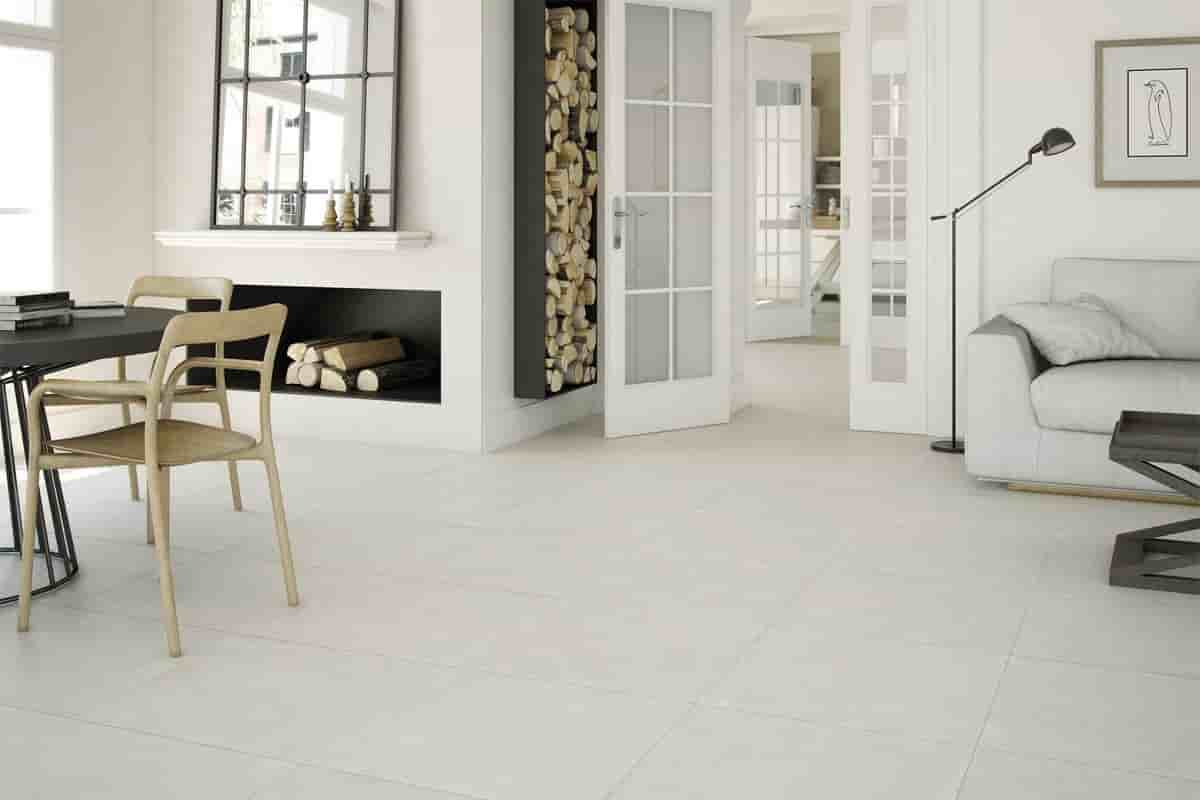
The matt finish absorbs light instead of reflecting it like the glossy finish does. As a result, it enables the color and reproduction of the original material to fully display its strength.
Thus, even in big rooms, matte porcelain tiles can produce a cozier, more inviting ambiance. In other words, it gives the surfaces it covers a more understated and elegant aspect.
In this instance, the aesthetic look and color selection are crucial because they collectively determine how strong the matte effect would be. The ranges of matte ceramic tiles from Micaceramic can be used to decorate in a plethora of different ways, including modern, more traditional, or just trendy.
The concrete look is becoming more and more popular, and a matte version is offered to emphasize the wide range of individual characteristics. You might alternatively choose a tile with a stone impression, whose matte finish expertly catches the mineral character of the real thing and faithfully replicates it.
As a result, it is impossible to distinguish between the ceramic version and the natural substance. The area will become more distinctive and noticeable in many respects. These two materials, which become rough but delicate without losing character, are unquestionably the best choices for a matte aesthetic.
Every project can benefit from the traditional cement tiles’ resurgence, and ceramic reproductions provide a contemporary finish. Modern, geometrical, or intricate designs become the stars because the matt finish highlights them.
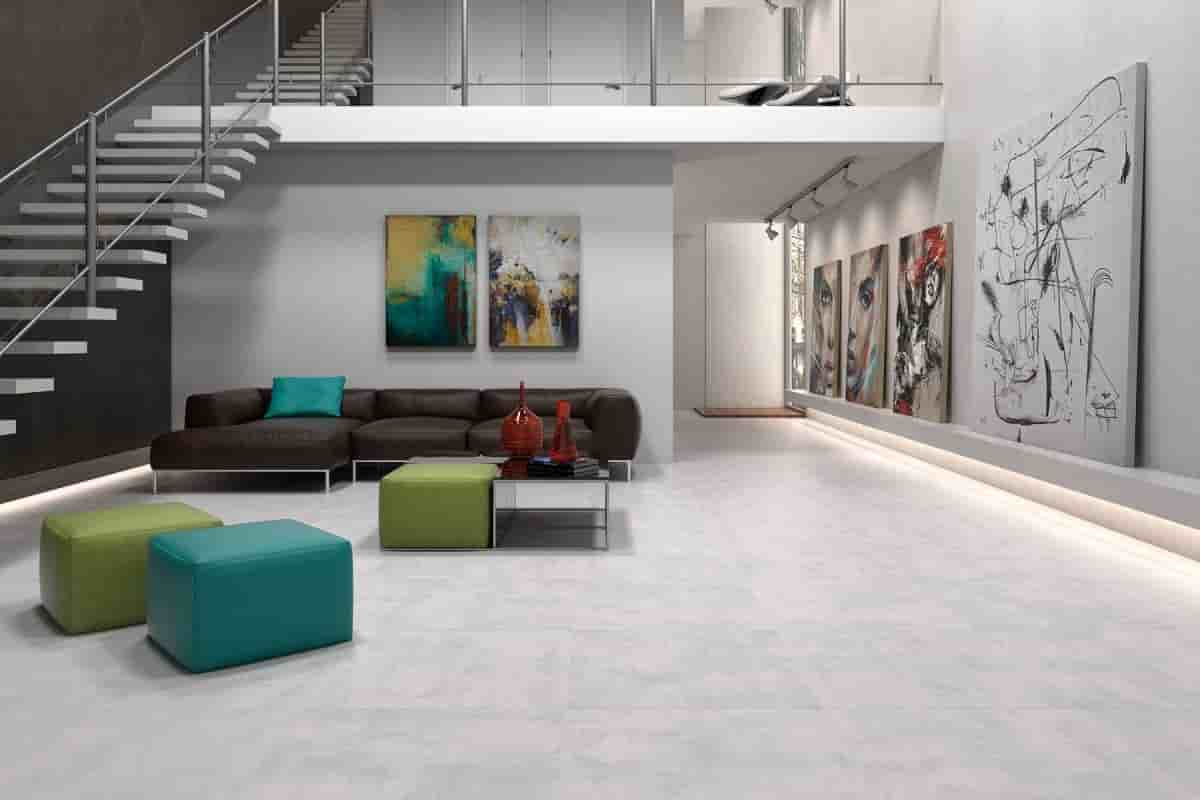
The porcelain stoneware matte tile is also offered with a resin-like appearance. This combination looks great and gives the room individuality. It creates a pleasing contrast between the shiny and opaque elements. Designer tiles, which stand for sophistication and elegance, are an option. Together, these refinements and the matte surface’s style please even the most discerning tastes in interior design.
Porcelain is a type of ceramic tile that differs from regular ceramics—which are already quite durable—by being stronger, harder, and even more water-resistant.
Porcelain tile does this by employing finer-grained clays that are burnt at a higher temperature to produce a tougher, less porous surface than regular ceramic tiles can. Ceramic tile’s intrinsic versatility enables it to offer several advantages as a flooring, including durability and design flexibility.
The disadvantages of porcelain tiles, however, include their heavy weight, coldness, and hardness underfoot. They can also be slightly more brittle than regular ceramic tiles.
Porcelain tiles may effectively imitate a wide range of different building materials because to the manufacturing technique used to create them. Without a close examination, it may be difficult to distinguish between the two.
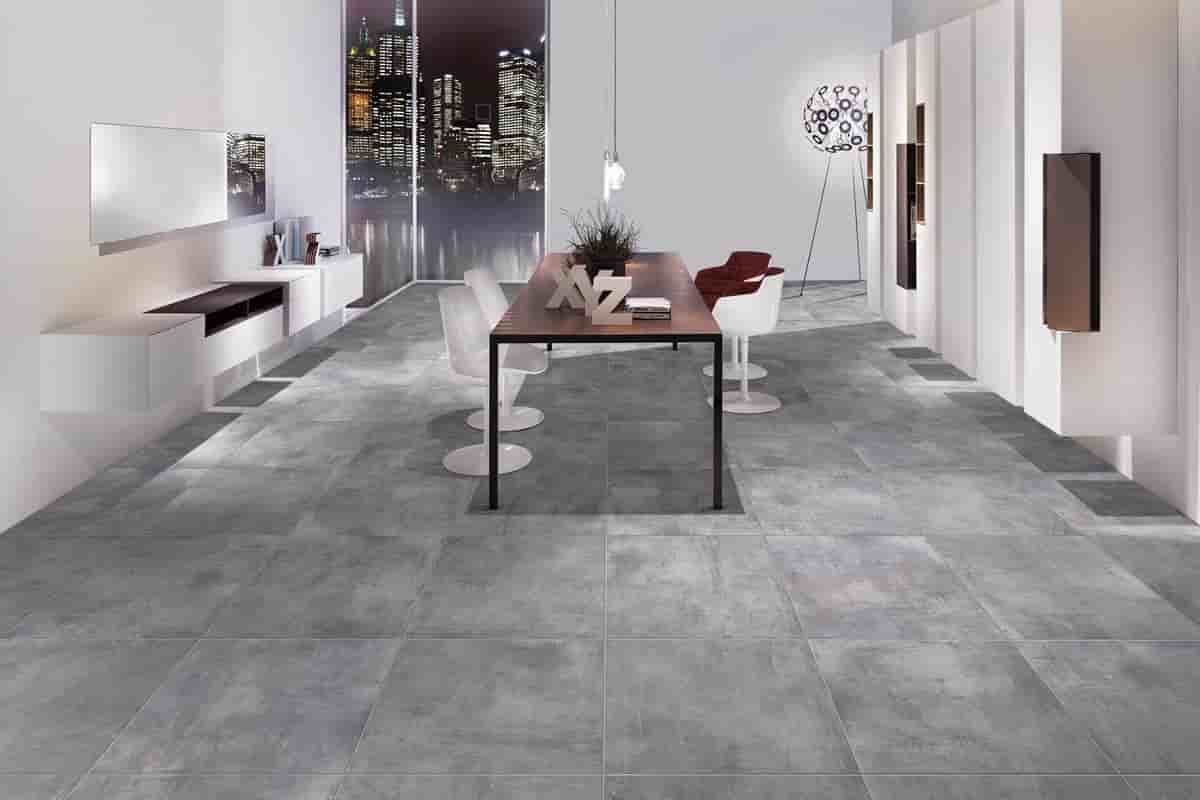
Porcelain tiles used to be significantly more expensive than regular ceramic tiles, but as porcelain has grown in favor, this price disparity has virtually disappeared.
Now, the price of good-quality ordinary ceramic tiles is usually equivalent to that of porcelain floor tiles. Porcelain floor tiles typically cost $5 to $25 or more per square foot for the tile alone, while big-box home improvement stores frequently have amazing deals on porcelain floor tiles.
You should anticipate paying an additional $10 to $25 per square foot for skilled installation. These flooring, however, have a long lifespan and eventually pay for themselves.
Porcelain floor tile is one of the most durable flooring solutions, just like other types of ceramic tile. Porcelain is a strong, solid material that can even be utilized in commercial settings.
It is resistant to most major loads. Be warned, though, that porcelain’s hardness can make it slightly more fragile than regular tiles, making them more prone to cracking.
Generally speaking, this substance should be rated with a PEI (Porcelain Enamel Institute) rating of at least 5, making it appropriate for heavy machinery use and high-traffic areas like living rooms. You should not put porcelain wall-grade tiles on a floor; such tiles will be sold as floor tiles.
An individual porcelain tile can be easily removed and replaced if it is damaged. During installation, it is a good idea to keep one or two additional boxes of the product to make color matching simpler.

Porcelain has a higher density than other, more porous varieties of ceramic, which makes it more resistant to liquid penetration. Porcelain has a built-in resistance to water and stains, which makes it very simple to maintain. When necessary, spills can be wiped up with a moist cloth, and routine sweeping will keep loose dirt off the floor. A porcelain tile surface is simple to clean.
The grout lines between tiles are nevertheless susceptible to harm even though porcelain is almost impenetrable to stains, damage, and water penetration. Even after being set, grout is a porous material, thus sealing it is necessary to protect it from wear and tear. Grout can occasionally become corroded by moisture and humidity even when properly maintained, becoming it moldy and mildewed.
Modern porcelain tiles have the ability to extremely successfully imitate all different types of conventional flooring materials, including marble, granite, wood, steel, bamboo, and cork. This is one of their main advantages. These can resemble the original item so closely in appearance. With aesthetics very distinct from regular ceramic tile, porcelain enables you to take advantage of the performance benefits of ceramic tile.
Standard ceramic tile and porcelain tile function similarly in terms of quality, while porcelains are tougher and might be a little more brittle.
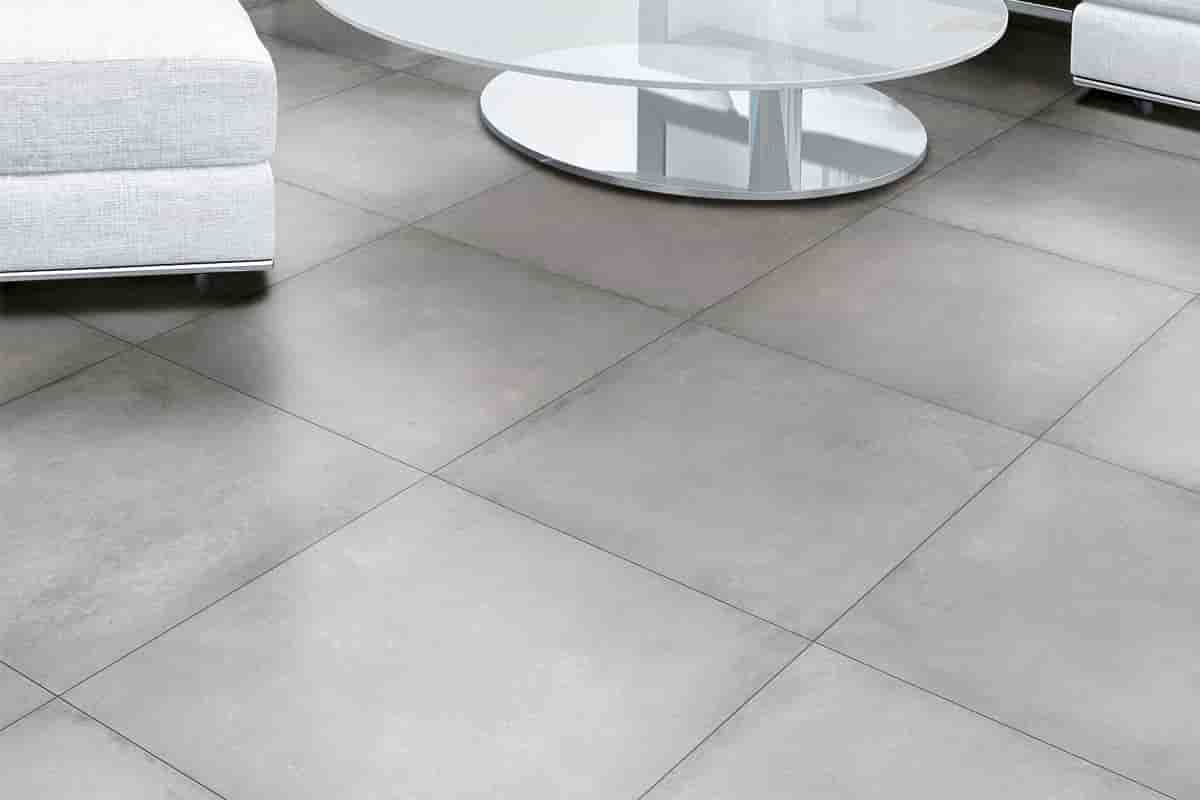
Because of this, cutting porcelain can be a little harder, and less expensive varieties of porcelain may be more likely to crack under pressure. Glazed porcelain can sometimes be more slippery than regular tiles, however this issue can be reduced by selecting tiles with textured, matte surfaces.
However, because they may be found in forms that imitate wood, cork, bamboo, marble and other types of natural stone, porcelains have some significant design advantages. Even more design freedom is available with porcelain than with regular ceramic tiles.
If you want the performance benefits of ceramic tile in a product that successfully imitates wood, stone, and other flooring materials, porcelain floor tiles can be a fantastic option. If you have any prior ceramic tile installation knowledge, you may install your own porcelain tile floor even if it might be time- and labor-intensive. The outcome will be a gorgeous, long-lasting floor that is both strong and sturdy.
Contact us right now if you need to buy tiles with any type and quality. Surely, we could experience a long-term and reliable business relationship.
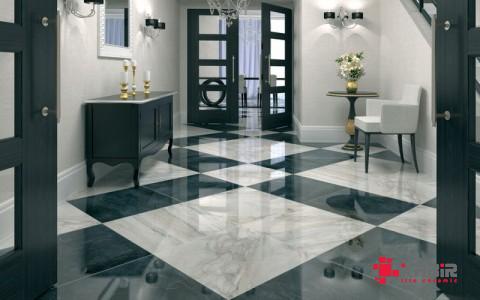
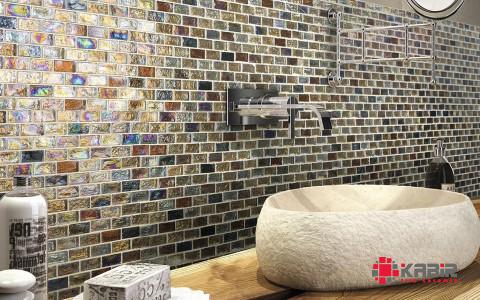
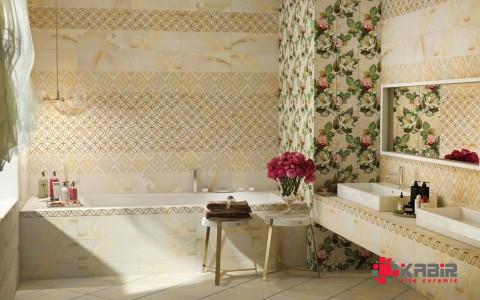
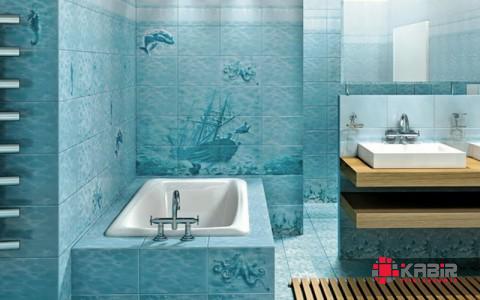
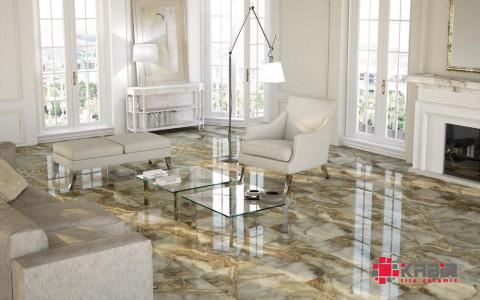
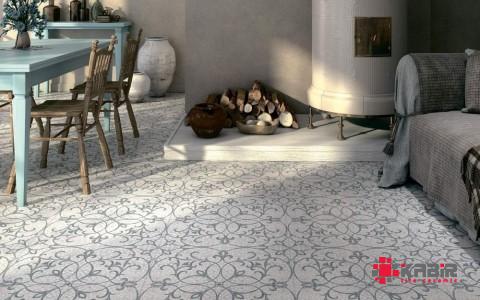
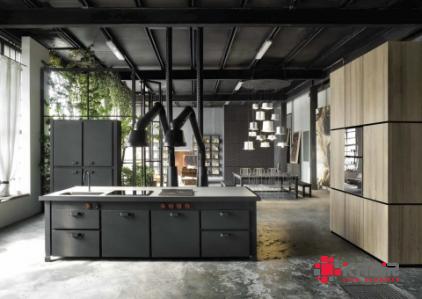
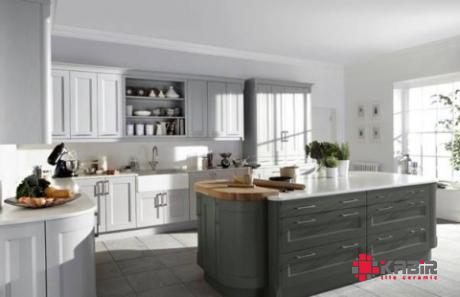
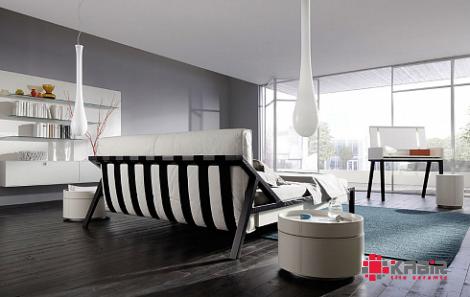
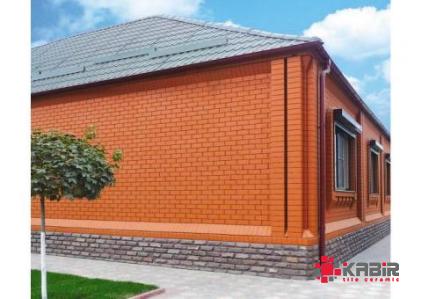
Your comment submitted.